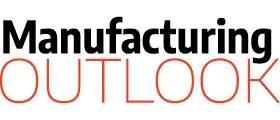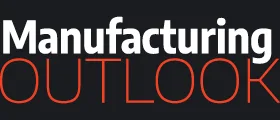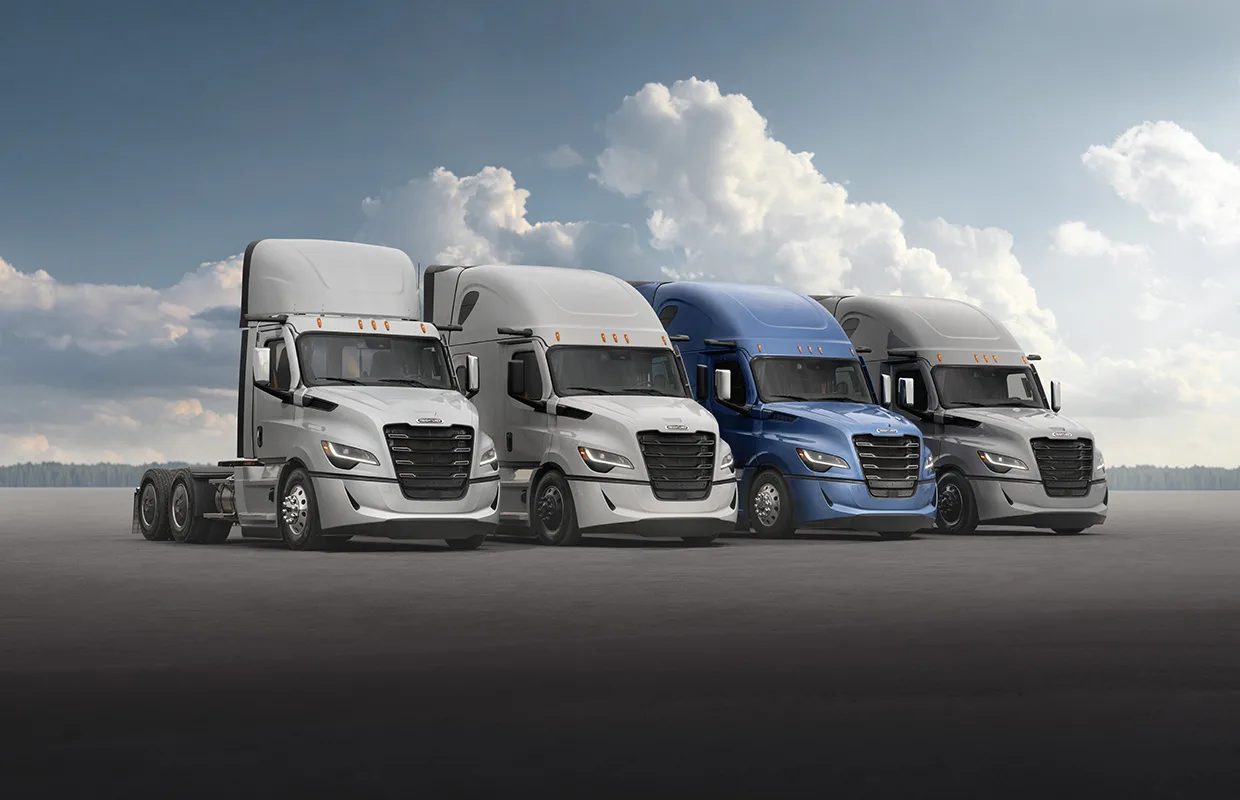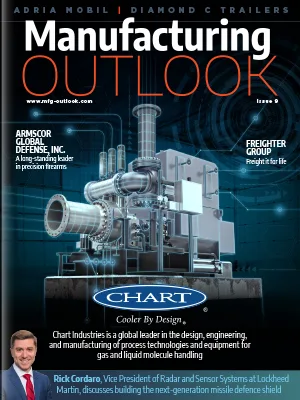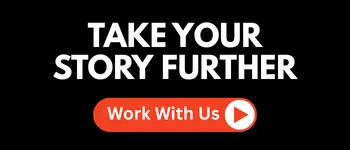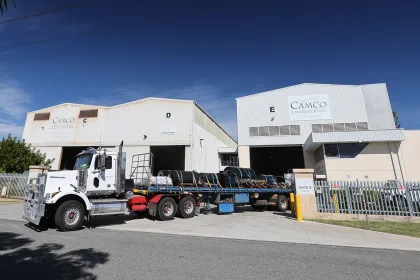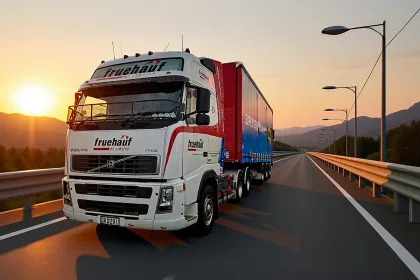TRUCKLOAD OF INNOVATION
Daimler Truck AG has decades of experience in the automotive and trucking industry and has maintained its strong position.”
A subsidiary of the global automotive pioneer, Daimler Truck North America (DTNA) designs, engineers, manufactures, and markets medium and heavy-duty trucks, school buses, vehicle chassis, and their associated technologies and components under the Freightliner, Western Star, Thomas Built Buses, Freightliner Custom Chassis Corp, and Detroit brands.
“Our brands cater to a wide variety of needs, from long-haul logistics to vocational and school buses,” continues CIO, Lutz Beck.
“The breadth of this unmatched product portfolio allows us to meet the specific requirements of our diverse client base, which ranges from logistics companies to municipal fleets.”
Headquartered in Portland, Oregon, the company also has manufacturing plants in Cleveland, Gastonia, and High Point (North Carolina), Mount Holly and Gaffney (South Carolina), and Redford (Michigan), as well as Saltillo and Santiago (Mexico).
These facilities also house cutting-edge engineering and testing centers that drive innovation in every aspect of DTNA’s vehicles.
“We operate state-of-the-art manufacturing facilities and robust supply chains to ensure operational efficiency and high-quality production,” Beck explains.
“DTNA also has unparalleled aftermarket support through expansive parts distribution centers and service networks.”
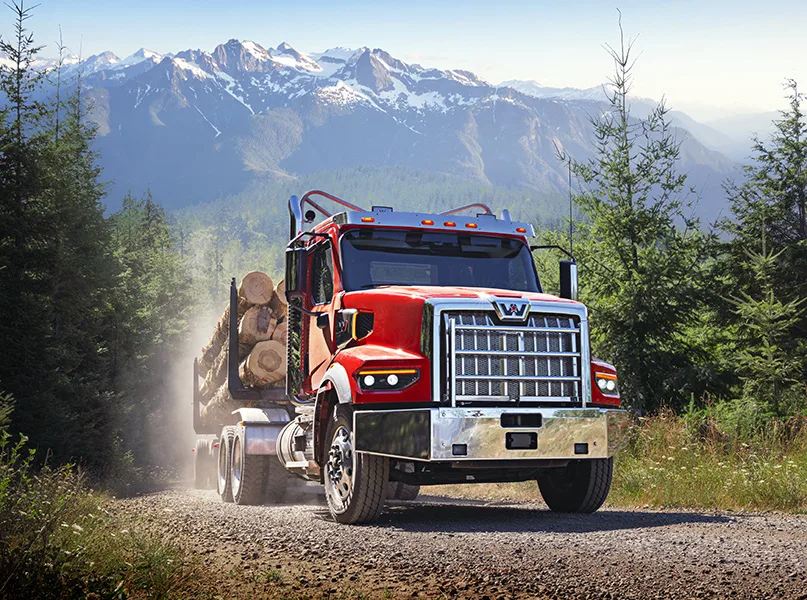
AT THE FOREFRONT OF INNOVATION
The North American truck manufacturing sector is at a pivotal moment as it undergoes a seismic shift toward sustainability, electrification, autonomous driving, connectivity solutions, and more.
DTNA is at the forefront of these industry innovations as the company strongly invests in R&D to develop cutting-edge solutions and technologies.
“We’re not just building trucks; we’re shaping the future of logistics and transportation,” acclaims Beck.
One such innovation is the fifth-generation Cascadia, which DTNA unveiled in October 2024.
The newest addition to the Freightliner family builds on its legacy as the industry’s preferred on-highway truck with advanced safety features, increased aerodynamic efficiency, and the addition of new business intelligence tools to benefit profitability.
The vehicle also features active safety systems as part of DTNA’s Detroit Assurance suite of safety systems, including Active Brake Assist 6 (ABA 6), which mitigates potential collisions by calculating the truck’s speed and distance to stationary and moving objects to determine if a warning or braking action is needed and automatically activates partial and full braking if necessary.
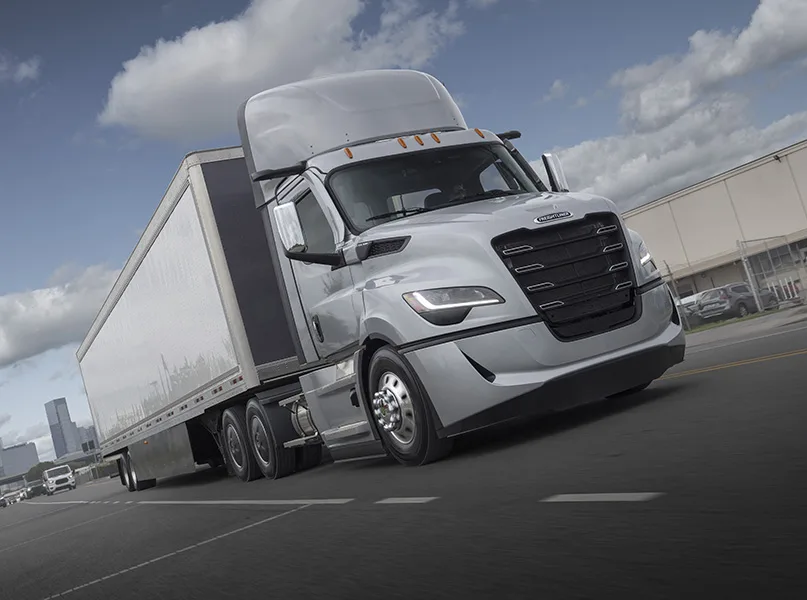
“Lane Departure Warning alerts the driver if the truck deviates from its lane without a turning signal, while Adaptive Cruise Control to 0mph maintains a safe following distance and adjusts the speed automatically,” adds Beck.
The driver-assist functions are part of the Cascadia’s automated driving capabilities, where the vehicle can control both steering as well as acceleration and deceleration under certain circumstances while a human driver remains actively engaged at all times.
DTNA is deeply invested in developing autonomous driving solutions in the trucking industry with the goal to make roads safer and help customers boost productivity.
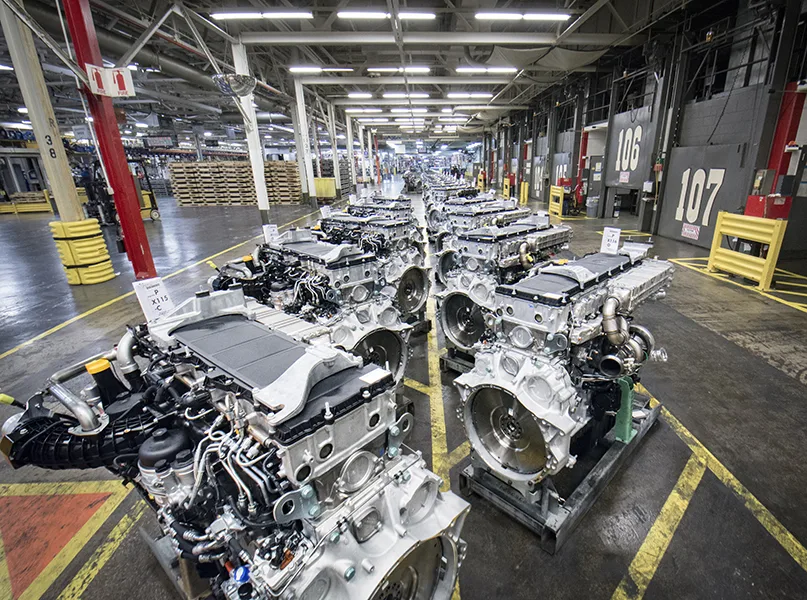
CONNECTIVITY, E-COMMERCE, AND AUGMENTED REALITY
The Cascadia is additionally equipped with Detroit Connect® services, offering real-time tracking and data insights, remote diagnostics, and performance monitoring to optimize fleet operations.
Detroit Connect® forms part of DTNA’s strong portfolio of connectivity services.
“Our trucks are becoming increasingly connected, enabling predictive maintenance and enhanced operational efficiency for fleet owners,” informs Beck.
“To drive business performance and innovation, IT and business functions need to work closely together and collaborate as IT is increasingly embedded in products, services, and business processes. We maintain a strong project pipeline to continuously improve IT operations, support our various business functions, and develop new technology solutions.”
One such solution is Excelerator, DTNA’s next-generation e-commerce platform which launched in 2020.
Excelerator connects DTNA customers to its distribution network, allowing them to get the right part at the right place and time, which significantly reduces vehicle repair times. In early 2023, Excelerator online retail sales reached $1 billion for DTNA parts.
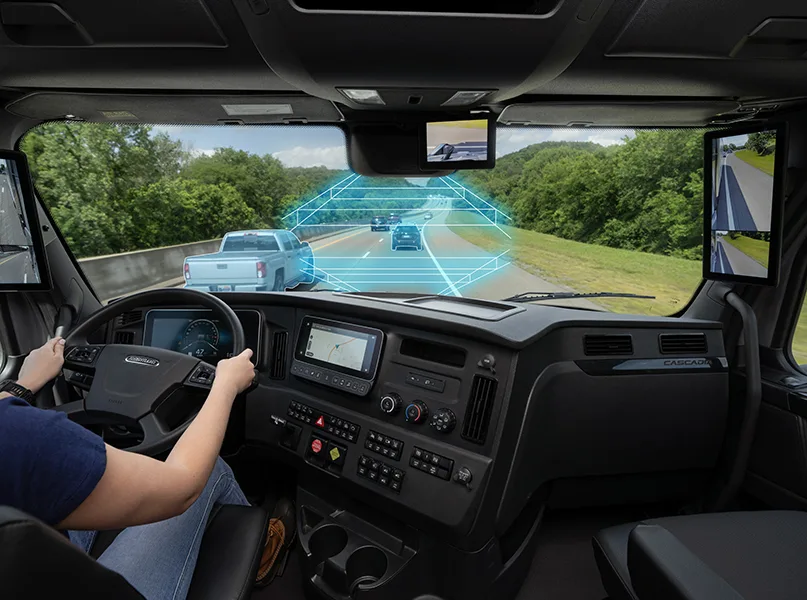
“Excelerator is a great example of how IT supports DTNA by building new business models and driving revenue,” states Beck.
Another example is HoloLens, a cutting-edge augmented reality platform from Microsoft that DTNA has piloted as a virtual collaboration tool with dealers and customers.
In testing, DTNA leveraged a combination of Microsoft technologies, including the HoloLens 2 platform, Dynamics 365 Remote Assist, and Teams.
This enabled service technicians to connect directly to DTNA subject matter experts across the organization, who were able to project service manuals, schematics, and other documentation across their field of vision while troubleshooting vehicle repairs.
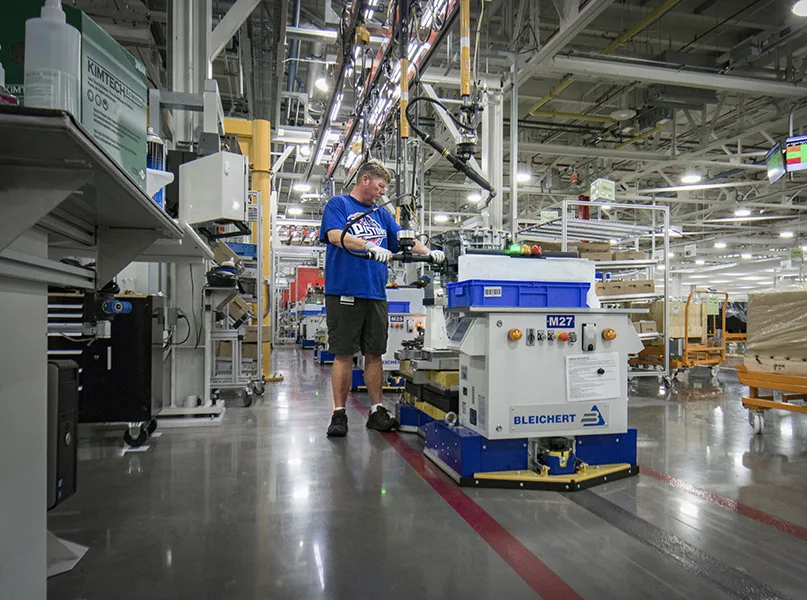
FUTURE FRONTIERS
DTNA’s initiatives also include community engagement programs, employee development opportunities, and partnerships that foster sustainable practices throughout its supply chain.
For 2025, meanwhile, DTNA’s top priorities are to advance autonomous driving technologies, expand its digital services, and continue to innovate within its products and operations, at the heart of which are its 20,000+ employees across North America.
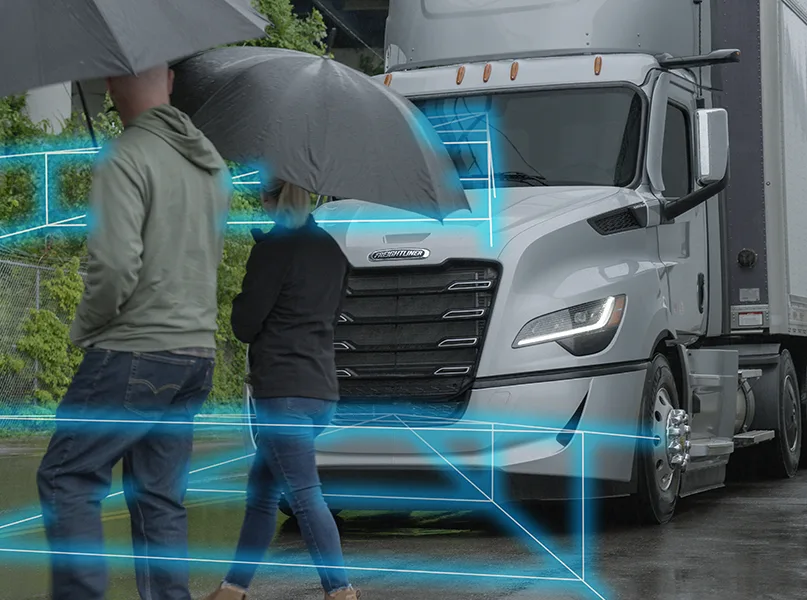
“We invest heavily in talent recruitment, retention, and development through training programs, upskilling initiatives, and various career opportunities,” concludes Beck, emphasizing the human element of DTNA’s work.
